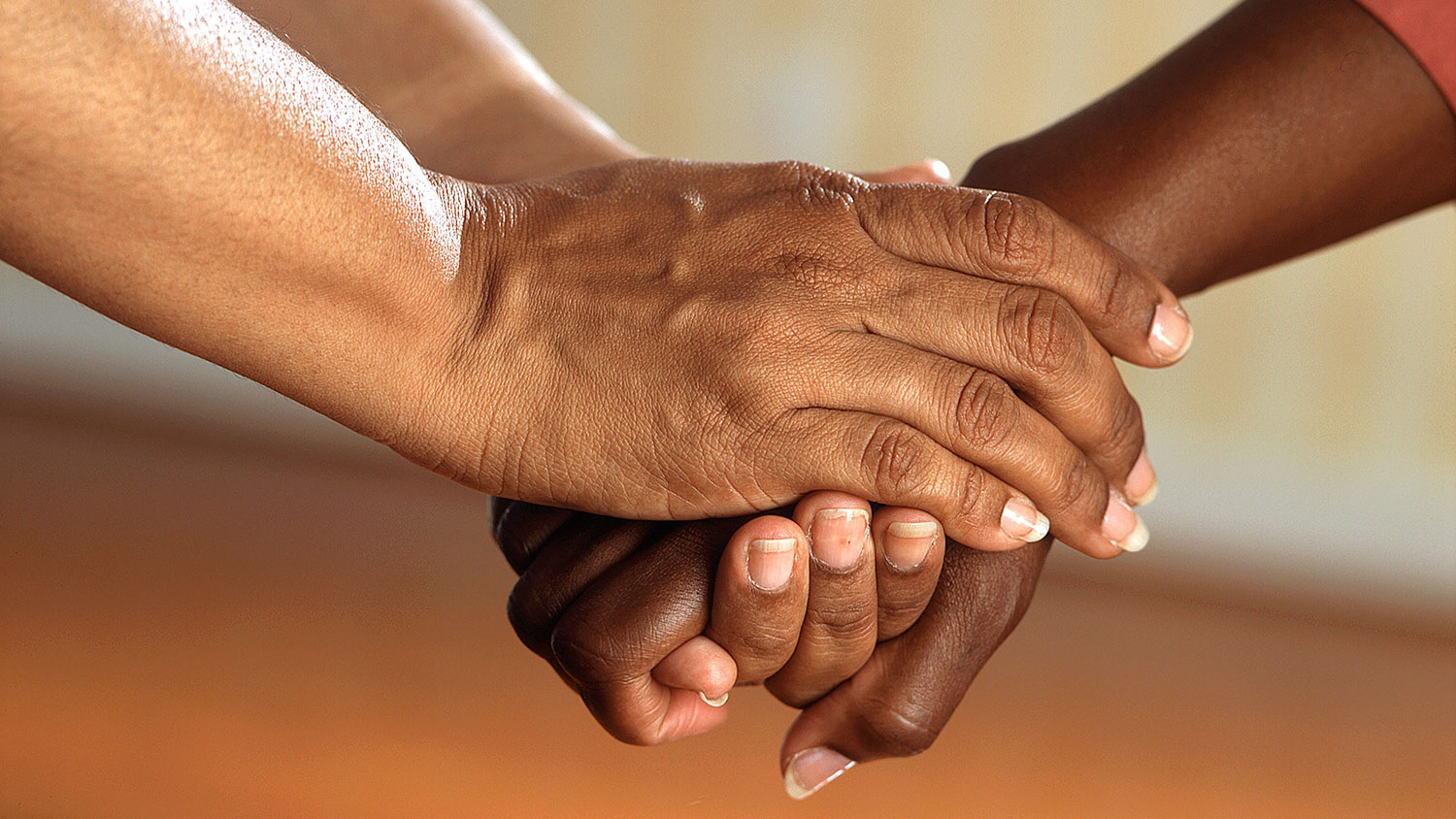
As you plan virtual and/or in-person community support space, remember that individuals process events and circumstances very differently. Facilitators of these spaces should plan to accommodate a variety of reactions, responses and needs. In preparing opportunities for students, faculty and staff, we encourage you to consider the following guidelines:
- Be explicit about the purpose of the space (mental health support, community dialogue, etc.) to reduce miscommunication and unintentional negative impact; identify the intended audience and communicate that information clearly;
- Identify specific needs (accessibility, translation, etc.) that your community/audience may have; in planning, questions like “What may prevent someone in our community from participating?” can help identify these needs;
- Assess organizational and personnel limitations and capacity to hold events or listening sessions. When necessary, leverage partnerships with other units — particularly those that frequently host support and care spaces;
- Remember that “processing” can take a variety of forms. Consider creating care spaces that incorporate techniques like journaling, artistic response, meditation and reflection, movement, etc.
- Smaller, more intimate, opportunities for dialogues often provide more meaningful, protected space and care options — particularly for individuals most directly affected by major incidents and events;
- Group interactions and discussions focused on impact situations can initiate trauma responses from individuals directly or indirectly impacted. Ensure that your space has adequate support for that possibility; when appropriate, use “trigger warnings”; describe content that some may find difficult before presenting it;
- Consider providing Counseling Center and/or Faculty and Staff Assistance Program (FASAP) counselor support during and/or afterwards. Please contact either resource directly to determine availability and personnel capacity to meet your group’s needs;
- Provide clear expectations for the space and offer “ways to engage” guidance for “allies” that support the expressed needs of individuals most directly affected;
- Take precautions to protect virtual spaces and avoid harmful disruptions (e.g., Zoom raids);
- Provide additional resource options including, but not limited to, suicide prevention information, survivor support and external community-based affinity organizations.
This Week: Student, Faculty and Staff Community Processing Support Space
The Campus Community Centers will offer a space for processing, support and community care for NC State students, staff and faculty who are in the midst of processing multiple layers of trauma. Join the CCC for a virtual space for processing support.
Thursday, April 29, 2021, 3–5 p.m.
RegisterAdditional Support Resources
- African American Cultural Center
- CARES (Student Behavioral Case Management)
- Concerning Behavior Referral
- Counseling Center
- Disability Resource Office
- Employee Relations
- Equal Opportunity and Equity (OIED-EOE)
- Faculty and Staff Assistance Program (FASAP)
- Faculty Ombuds
- GLBT Center
- Multicultural Student Center
- Office of International Services
- OIED Impact Response
- Student Ombuds
- Student Wellness Coaching
- Survivor Support
- Women’s Center
See also our additional online Resources.